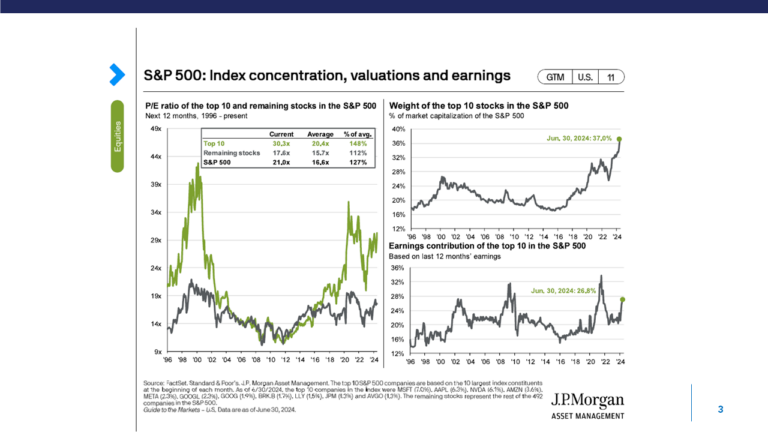In our last tax planning segment, we discussed the opportunity to maximize contributions to tax-favored retirement accounts. Let me repeat my original premise: as a general rule, it is advisable to fill up each tax-favored retirement account for which you are eligible, to the maximum limit possible, given the amount of liquid funds available. To do otherwise is to forgo a tax benefit and miss an opportunity that will increase your wealth over time.
With that said, we are faced with the choice of contributing to pretax retirement accounts versus ROTH based accounts. Many individuals select the pretax option during their highest earning years to find immediate tax relief. However, this strategy, if pursued exclusively, creates a challenge in retirement. We may find that our retirement income will be exposed to an equal or even higher marginal tax rate in the future. Here are some of the contributing factors.
- While contributions are tax deductible or reduce taxable income currently, pretax retirement accounts grow tax deferred. With investment growth over a working career, we will accrue a significantly larger account balance that has never been taxed with all retirement distributions taxable as ordinary income.
- The IRS requires us to begin distributions from all pretax retirement accounts at age 72, according to a predetermined table based upon our remaining life expectancy, whether we want the income or not. Large pretax accounts will generate significant taxable income.
- The larger our income in retirement is, the more our Social Security benefit is taxed.
- If our MAGI (Modified Adjusted Gross Income) is large enough in retirement, we will incur the Medicare Premium Surcharge (IRMAA or Medicare Income-Related Monthly Adjustment Amount). In the highest income tier in 2020, the additional premium is $491.60 per month per person.
- Reality tells us that one spousal partner will pass away leaving their survivor a single taxpayer with a potentially higher marginal tax rate; perhaps for many years.
- Lastly, current income tax rates are at historically low levels. There is a reasonable probability that future rates will be higher.
This tax dilemma reinforces the value of forward looking tax planning. There are opportunities to manage our income distributions in the early years of retirement to offset some of the tax problems caused by large pretax retirement plan accumulations. Here are the key variables:
- The opportunities for effective planning tend to lie between our retirement date and age 72. Earned income may be reduced or stop completely.
- With good planning, we will have a source of non-taxable income available to support our lifestyle during these years and thus, our marginal tax rate will be low.
- Looking forward, each year until age 72 we will be able to convert some portion of our pretax retirement account balance to a ROTH IRA. The amount of the conversion will be taxable income but all future growth and distributions (if we satisfy the ROTH conversion rules) will be tax free.
- The trick is to strategically convert only the amount each year that fills up the lower tax brackets. We will be intentionally pulling future taxable income into the current year where it will be taxed at a lower rate rather than waiting until after age 72 when our required minimum distributions push us into a higher marginal bracket.
At Level Financial Advisors, we assist our clients in creating and implementing a sound tax strategy for retirement distributions. A good plan will diversify investment accounts by their tax treatment as well as asset class (stocks, bonds and cash). The retirement portfolio will include pretax, ROTH, and after tax accounts. Each year, we do the math, identify the optimal ROTH conversion strategy and help our clients complete the conversion in collaboration with their accountant. Our technology allows us to model different scenarios and quantify the value created by each tax strategy.
Winfred Jacob, CFP®
Senior Financial Advisor


